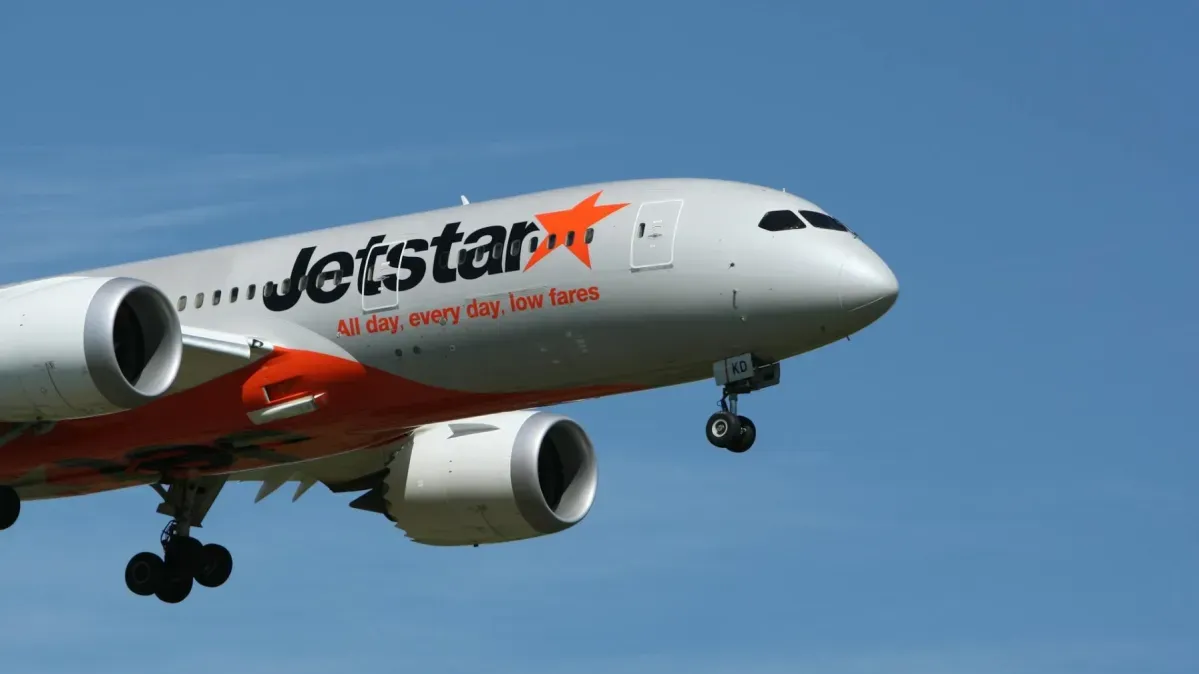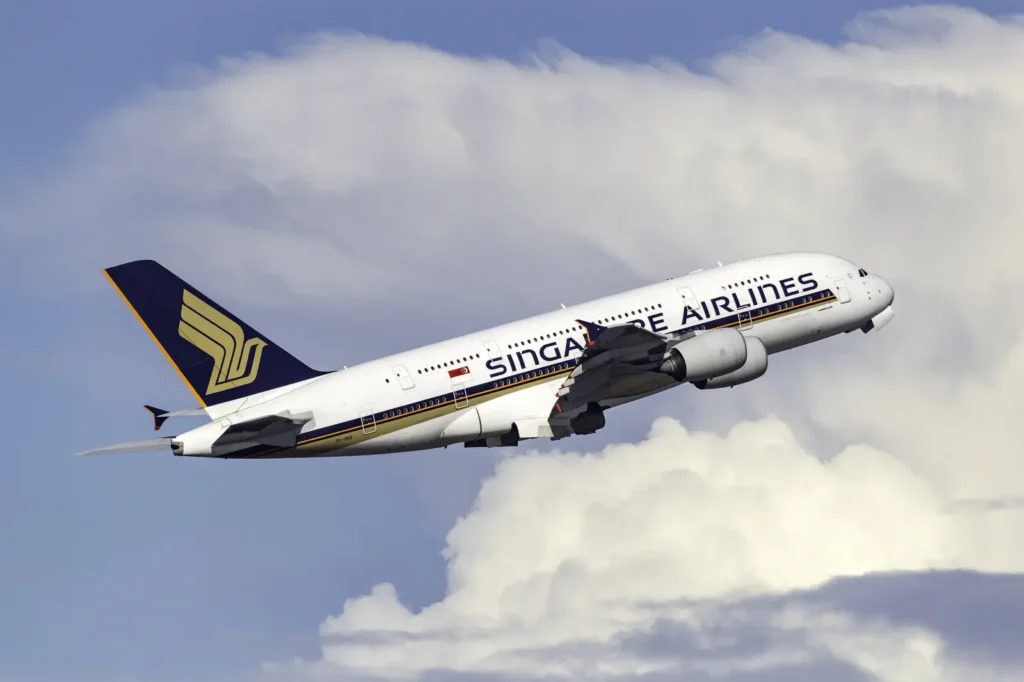Jetstar Asia Cease Operations in Singapore: Budget Airline Ends

Photo Credit: https://www.cmgassets.com/
The aviation landscape in Singapore is set to undergo a significant transformation as Jetstar Asia ceases operations in Singapore, marking the conclusion of a remarkable 20-year journey that revolutionised budget travel across Southeast Asia. The Singapore-based low-cost carrier will permanently shut down on 31st July 2025, affecting over 500 employees and disrupting 16 intra-Asia routes that have connected millions of passengers to destinations across the region.
The Final Chapter of a Budget Aviation Pioneer
When Jetstar Asia cease operations in Singapore next month, it will bring to a close one of the most significant chapters in the city-state’s aviation history. Founded in December 2004 as a joint venture between Qantas Airways (49% ownership) and Singapore’s Westbrook Investments (51% ownership), the airline took its maiden flight on 13th December 2004, with the inaugural service departing for Hong Kong. Over its two-decade tenure, Jetstar Asia has transported over 50 million passengers, establishing itself as a cornerstone of affordable air travel in the region.
The decision for Jetstar Asia to cease operations in Singapore comes after years of mounting financial pressures that have made the low-cost model increasingly unsustainable. The airline has witnessed supplier costs increase by up to 200%, fundamentally altering its cost structure and undermining its ability to maintain competitive low fares.
Financial Challenges Behind the Closure
The announcement that Jetstar Asia cease operations in Singapore reflects deeper structural challenges within the regional aviation market. The airline is projected to record an underlying EBIT loss of AUD 35 million (approximately SGD 29 million) for the financial year ending June 2025. Throughout its 21-year operational history, Jetstar Asia achieved profitability in only six years, highlighting the persistent challenges faced by budget carriers in the highly competitive Asian market.
Several key factors contributed to the decision for Jetstar Asia to cease operations in Singapore, including double-digit increases in fuel prices, airport charges, ground handling services, and security costs. The recent fee increases at Changi Airport, implemented from April 2025 as part of a SGD 3 billion terminal upgrade programme, have further intensified operational pressures.
Impact on Singapore’s Aviation Ecosystem
As Jetstar Asia ceases operations in Singapore, the immediate impact extends far beyond the airline itself, affecting the broader aviation ecosystem in the city-state. The closure will result in the loss of 16 intra-Asia routes from Singapore Changi Airport, including popular destinations such as Bangkok, Manila, Jakarta, Kuala Lumpur, and Denpasar. These routes collectively represented approximately 180 weekly flights, serving destinations that many other carriers do not operate from Singapore.
The workforce impact is particularly significant, with over 500 Jetstar Asia employees facing redundancy. However, the airline has committed to providing comprehensive support, including redundancy packages equivalent to four weeks’ salary for every year of service, financial year bonuses, special thank-you payments, and continued staff travel benefits. Singapore’s Taskforce for Responsible Retrenchment and Employment Facilitation is actively working with the airline to facilitate job placements within the aviation sector.
Strategic Fleet Redeployment
The closure decision will enable Qantas Group to unlock up to AUD 500 million in fleet capital for reinvestment in its core Australian and New Zealand markets. Jetstar Asia’s fleet of 13 Airbus A320-200 aircraft, averaging 13.3 years in age, will be progressively redeployed to replace leased aircraft in Jetstar Airways’ domestic operations and support Qantas’ regional services, particularly in Western Australia’s resources sector.
This strategic reallocation aligns with Qantas’ broader fleet renewal programme, which includes nearly 200 firm aircraft orders and represents one of the most ambitious modernisation efforts in the company’s history. The redeployment is expected to create over 100 local jobs in Australia and New Zealand whilst reducing operational costs through the replacement of leased aircraft.
Market Response and Future Outlook
As Jetstar Asia ceases operations in Singapore, other carriers are positioning themselves to fill the resulting capacity gap. Singapore Airlines Group, operating both Singapore Airlines and Scoot, has announced plans to scale up Asian services, including new Scoot flights to destinations previously served exclusively by Jetstar Asia, such as Okinawa and Labuan Bajo. The group is also considering five new city routes in Asia between October 2025 and March 2026, subject to regulatory approval.
The SIA Group has extended employment opportunities to affected Jetstar Asia staff, with positions available for approximately 100 pilots and 200 cabin crew members. This initiative demonstrates the interconnected nature of Singapore’s aviation sector and the industry’s commitment to retaining skilled personnel within the ecosystem.
Industry Implications
The decision for Jetstar Asia to cease operations in Singapore reflects broader challenges facing low-cost carriers in the post-pandemic aviation environment. Intensified competition from regional budget airlines such as AirAsia, Scoot, and VietJet has compressed profit margins, whilst rising operational costs have made it increasingly difficult for smaller carriers to maintain sustainable operations.
The closure also highlights the evolving dynamics of Singapore’s aviation hub status, where premium carriers and larger low-cost operators with stronger financial backing are better positioned to weather economic pressures. This trend suggests a potential consolidation within the regional budget airline sector, favouring carriers with more robust operational scale and financial resources.
Conclusion
As Jetstar Asia ceases operations in Singapore, the aviation industry bids farewell to a pioneering budget carrier that helped democratise air travel across Southeast Asia for two decades. Whilst the closure represents the end of an era, it also underscores the dynamic nature of the aviation market, where adaptability and financial resilience remain paramount for long-term survival. The reallocation of resources and the swift response from other carriers demonstrate the industry’s capacity to adjust to changing circumstances whilst continuing to serve the region’s connectivity needs.
The legacy of Jetstar Asia’s contribution to Singapore’s aviation landscape will endure, having established budget travel as a viable option for millions of passengers and helping to shape the competitive dynamics that continue to benefit travellers across Southeast Asia today.

Geopolitical instability and interconnected risks raise fears of Black Swan scenarios

Cardumen Capital Strengthens Global Reach Through Its Taipei-Based APAC Partner Following NVIDIA's Acquisition of Its Portfolio Company Illumex

VinEnergo Announces Global Strategy, Deploys First 10 GW International Renewable Energy Portfolio

Why Gold Medalist Alysa Liu Is Suddenly Everywhere

US Israel War Sparks Global Inflation Rise

Singapore Latest Travel Advisory: Dubai Flights Halt

15 Best Restaurants In Singapore Locals Love In 2026

Geopolitical instability and interconnected risks raise fears of Black Swan scenarios

Cardumen Capital Strengthens Global Reach Through Its Taipei-Based APAC Partner Following NVIDIA's Acquisition of Its Portfolio Company Illumex

VinEnergo Announces Global Strategy, Deploys First 10 GW International Renewable Energy Portfolio







